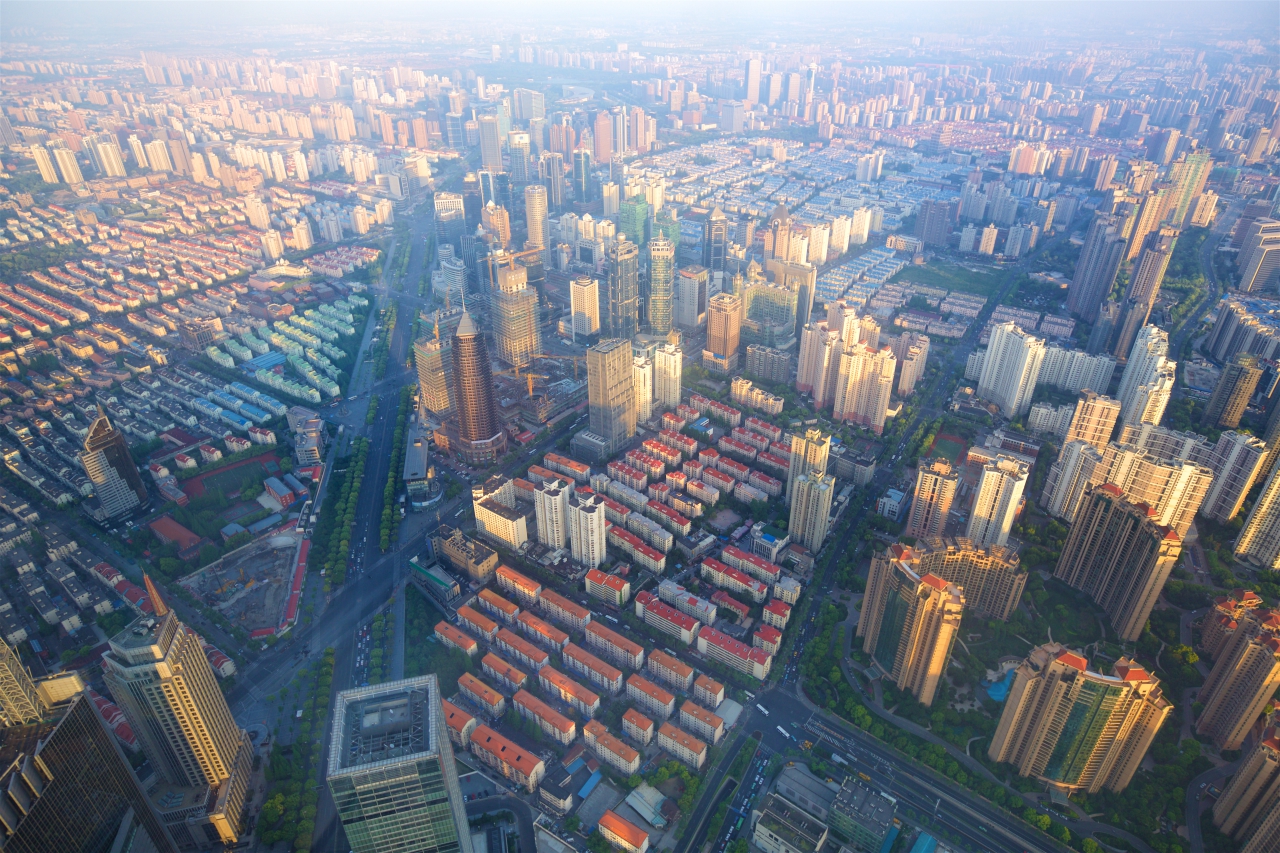01/14/2022 China (International Christian Concern) – According to a release by the Chinese State Administration for Religious Affairs, the United Front Working Department (UFWD) of Zhejiang has spent the last two days pressing the province’s religious leaders on their crucial role in furthering the Chinese Communist Party’s (CCP) agenda through religion and acting as the ‘bridge’ between people of faith and the CCP.
The UFWD is the propaganda arm that manages the CCP’s public face domestically and internationally. Under their authority is the State Administration of Religious Affairs, which has the sole authority to sanction acceptable religious practices in China. Sanctioned religions in China are ordained through five organizations: the Buddhist Association of China, Chinese Taoist Association, Islamic Association of China, the Three-Self Patriotic Christian Movement, and the Chinese Patriotic Catholic Association. By these organization, China attempts to demonstrate its respect for religious liberty, however to its contrary, China currently operates one of the most sophisticated forms of religious surveillance, manipulation, and persecution. Through these approved religious groups, China enforces a ‘Sinicized’ version of faith that puts the national interests of the Chinese state at the heart of all believer’s values.
At this series of lectures, the UFWD made its purpose clear, “to study and implement the spirit of the Sixth Plenary Session of the 19th Central Committee of the Communist Party of China.” Here, over 45 Chinese religious leaders were instructed on their need to promote the further Sinicization of religion in China and urged them to be at the forefront of this movement. Church leaders should, “hold high the banner of loving the country and religion and set an example by stepping forward with the party and the government in one heart and one mind.” Religious leaders were then reminded, that if you are not at the forefront of this movement, you may be seen as a risk – a sentiment similar to last year’s new guidelines for the clergy requiring the promotion of national unity and allegiance to the CCP.
Religious leaders were urged that, ‘If any religion wants to survive and develop, it must adapt to the society in which it is located” – a threatening sentiment, given what we know about China’s handling of religious individuals who step out of line with the CCP’s tenets of state-sanctioned faith.
Finally, they were informed that they will be expected to foster a warm welcome of the incoming 20th National Congress of the Communist Party, which will be elected in October of this year – a likely indicator of success for the truly ‘patriotic’ religious leaders in China.
These engagements between the Chinese Government and religious groups continue to increase across China, as the CCP has continued to increase its influence over religious people. This follows news of a similar meetings being held in Jiangsu and a more significant engagement which took place in Hong Kong in October, marking the first time Chinese religious administrators had met with a Hong Kong’s religious leaders formally. Each time the CCP works to influence the Church though its state-sponsored version of faith, it shrinks the space for Chinese Christians and other people of faith to practice according to their conscience and the tenets of their faith, not the tenets of the CCP’s doctrine alone.














